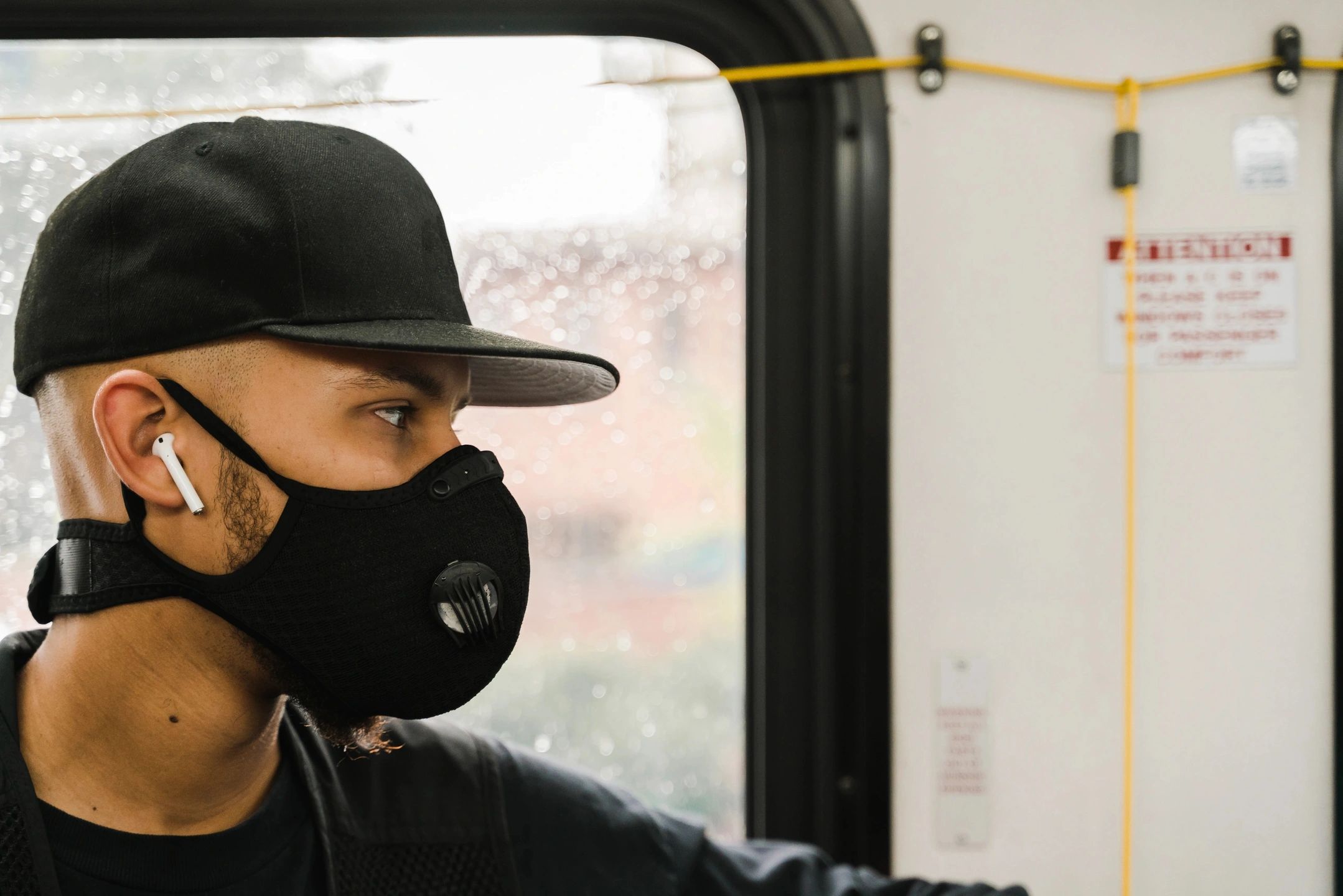Are we seeing a link between COVID-19 survivors and mental health issues? Recent studies* say yes. Even after full recovery from the virus, as many as 1 in 3 survivors experience mental health issues such as depression and anxiety.
We have known since the beginning of this pandemic, that isolation, fear of illness, financial strain and many other factors could lead to problems with mental health. What we did not realize until recently are the lingering effects that COVID-19 is having on those who have actually dealt with the illness.
COVID-19 Survivors and Mental Health Issues
So why is this happening? People with physical symptoms of the virus often present positive for depression. This can be because symptoms of infection often overlap with symptoms of depression. For example, poor sleep, lack of concentration, and lost appetite may be due to a medical illness rather than depression.
But once those infected are fully recovered with no more lingering physical signs of the virus, many are still experiencing decreased mental health – mainly depression and anxiety.
The world around us is still dealing with this pandemic. And some – even those who are vaccinated – are coming down with COVID-19 a second time. Factors such as these – as well as continued financial concerns, social isolation, worries about loved ones – can lead to depression and anxiety. It is normal to feel a sense of dread when there is still so much we do not know.
What steps can you take to lessen the mental health consequences of COVID-19 infection?
- Get vaccinated. This is especially important for people with mental health disorders, which are independent risk factors for COVID-19 infection.
- Continue to wear a mask and practice social distancing. However, try to maintain social connections.
- Make use of resources. Online therapies, in-person counseling, workbooks, and mobile applications can provide benefits without risking exposure during treatment.
- Be an advocate for others. If you are able, advocate for workplace modifications, life insurance, or mental health coverage, especially if suffering from fatigue and brain fog.
- Be physically active. In addition to being as effective as medications for mood and anxiety, physical activity also helps with memory and heart health.
- Practice relaxing routines. Try establishing a relaxing ritual. Having control over even one part of your day can help you feel grounded – this could be meditation, yoga, prayer, etc.
- Be careful with sleep aids and as-needed medication. Short-term use of sleep aids or other medication can quickly become long-term use. This can lead to medication tolerance, dependence, and rebound anxiety.
- Limit alcohol use. Prolonged stress from caring for sick loved ones, unemployment, increased time at home, and relationship stress can result in increased and problematic substance use.
- Watch your caffeine intake. If post-COVID fatigue is severe, discuss other options with your doctor. Excess caffeine can exacerbate anxiety and sleep problems.
- Check in and ask how you can help your loved ones, friends, colleagues, and neighbors. If someone is privately struggling with thoughts of depression, anxiety or thoughts of suicide, a simple check-in call or kind gesture can be lifesaving. The National Suicide Prevention Lifeline (800-273-8255) is available to anyone in severe distress.
What if you need more support?
The therapists here at Waters Edge Counseling are here to help. Our licensed clinicians are well trained in anxiety treatment, depression treatment, substance abuse issues and many other mental health concerns. Please give us a call at 912.319.5552 or email us to make an appointment today.
*MedicalNewsToday.com



